
Bar Mitzvah Gift
Suddenly Israelic realized why the two wonderfully mysterious and holy guests had come to him. This day, the eighteenth of Elul, was his birthday and his bar-mitzvah.

“The Baal Shem Tov – Early Years”, Part 9
In the last episode, our still young Yisraelic worked as the shamash (custodian) in a little synagogue in the holy community of Okup. Being that he had previously worked as a teacher's assistant, he never really learned how to study Torah on his own. Then, on the 18th of Elul, young Israelic's 13th birthday, everthing started to change. On that day, two old men, each with a long white beard and carrying a pack on their backs and a walking stick came into the shule. One of them, that he recognized as the teacher from when he said Kaddish for his father, began to teach him from the Zohar.
One of the men pointed to the word atop the page. "That's Vayikra," said Yisrael happily. "I know that portion of the Torah by heart."
"Very good," said the old man; and he began teaching Yisrael the entire page, translating every sentence into Yiddish.
He read: Rabbi Elazar asked his father Rabbi Shimon, "We learned that famine and hunger come into the world because of one of three sins. But those sins are found only among rich people, because their heart is so full of pride. I've never found such sins among the poor. Yet if the Almighty sends a famine into the  world, the poor starve and die off for lack of food, while the rich can buy food with their money. So they will remain alive and will go on sinning. Of what use is the famine then?"
world, the poor starve and die off for lack of food, while the rich can buy food with their money. So they will remain alive and will go on sinning. Of what use is the famine then?"
 world, the poor starve and die off for lack of food, while the rich can buy food with their money. So they will remain alive and will go on sinning. Of what use is the famine then?"
world, the poor starve and die off for lack of food, while the rich can buy food with their money. So they will remain alive and will go on sinning. Of what use is the famine then?" "You have asked well," his father replied. "The group of learned rabbis studied this in the past, and they said when the Almighty wants to punish the wicked and evil people, so as to make them perish completely, He gives them a good, peaceful life earth, with everything they could wish. Then they are paid in this world for all the good they have done, and in the next world they are punished for their evil. But we also see that out of all the people in the world, none are closer to the Almighty, the supreme King of all, than the poor people. They are His chosen and those that He uses. Everyone with a broken, suffering heart is a special child of G–d. You should know that when famine comes upon the world and the poor people feel the pangs of hunger, they weep and cry out before G–d; and He draws them closer to Him than anyone else, because He never spurns or scorns the plea of the poor. So G–d remembers at once the reason why the famine came upon the world and then woe to those sinners and evil people who caused it. He listens to the voices of the poor, and He metes out punishment to those who made it happen…."
"We learn that the offering which a poor man had to bring to the holy Temple if he sinned, was simple and easy, yet better received by G–d than all other offerings, because the poor man's heart was broken and filled with sorrow.
'Once, a rich man brought an offering of two doves. When the kohen-priest (G–d's servant at the Temple) saw him he said, 'This offering is not yours to bring." Having been refused by the kohen, the rich man went home in sorrow.
'Why are you so sad? his brother asked him.
'The kohen refused to accept my offering,' he replied.
'What was your offering?, asked the brother.
'Two doves,' he replied.
'Then certainly that offering is not yours,' his brother retorted. 'That is the offering of a poor man. Go and bring a proper offering for a person of your stature, an ox.'
The man was surprised: 'Is it such a bad thing to have sinful thoughts that I must bring such a costly offering? Then I swear that I will never again fill my heart with a sinful thought.' From that day on he kept his vow faithfully.
In addition, every night he would sleep for a brief amount of time. Then he would rise and go wake his brother up. And the two would sit and study Torah till the light of day. After that, his brother called him, 'Judah the different one' – because he had become a different person.
"Once Rabbi Jesse the Elder passed by Judah the different one's house. After seeing this holy man, he gave him half of all his wealth to give to poor people. The other half he gave to owners of merchant ships to buy and sell merchandise in all the cities that they visited as they sailed the seas – buying goods in one place and selling it in another place far away. And the owners of the ships would always give him part of the profit they earned. In that way, he would always be free to study Torah."
All this the old stranger read to Yisraelic from the Zohar, the Book of Splendor, explaining it all in Yiddish. Now Yisrael was sure he knew who this old man was: He had to be Eliyahu haNavi (the prophet). Yisrael had heard how Eliyahu sometimes appeared to people to reveal to them great thoughts in the Torah and to open for them fountains of wisdom.
As Yisrael thought of what Eliyahu haNavi had told him, he realized a few important things: (1) A person should learn a great deal of Torah at night; (2) Through learning Torah you could really become a new person, with a new spirit; (3) All the great troubles, like famine, that come upon the world happen only because of people feeling full of pride and not caring about the poor; and (4) Finally there was the story with Rabbi Jesse the Elder: that he inspired the rich man to give away half his wealth to the poor. It was a story that made Yisrael very happy.
When he used to be the teacher's assistant and he took the children every day from their homes to the schoolroom, he used to tell them a similar story.
Long ago there was a very rich man named Rabbi Tarfon. One day his friend Rabbi Akiva asked him, "Would you like me to buy a village or two for you?" Thinking that it was a way to make large profits, Rabbi Tarfon gave him a huge amount of money, which Rabbi Akiva went and gave to poor students of Torah. After a while Rabbi Tarfon asked him, "Were are those villages you bought for me?" When Rabbi Akiva told him the truth, he was happy to learn what a good deed his money had accomplished. Afterwards, he gave Rabbi Akiva more money for the poor students.
Yisrael remembered how happy the children had been whenever he told them this little story. They would always exclaim that when they grew up they would also give to the poor, and they would collect money from the rich to help those who had nothing.
Yisrael closed his eyes and imagined himself all grown up and very rich. He could see himself giving everything away – never leaving a penny in his house overnight but giving all his money away every day to the poor. And he would also go to the rich people to take from them for the poor – just like Rabbi Akiva. That was his plan for the future!
"Yisrael," said Eliyahu HaNavi, "kiss this holy book, and keep it safely with you. Soon, my master and teacher Rabbi Achya of Shilo (the other stranger) will come and teach you." With that, both, of the visitors kissed him on the forehead, and left.
Suddenly Israelic realized why they had come to him. This day, the eighteenth of Elul, was his birthday and his bar-mitzvah. From this day on, Yisrael was no longer a child. He had the same obligations as any Jewish man to obey the laws of the Torah. Those two wonderful strangers had come in honor of his birthday, because he became a bar-mitzvah.
Then he started thinking how Eliyahu HaNavi knew Yiddish, the language spoken by Jews in Poland and Russia and that Rabbi Achya of Shilo spoke only Hebrew? After a time, he understood. Eliyahu HaNavi always came to every bris whenever a Jewish child was circumcised, to bless the child. He came to every Passover seder to see if the children who asked the Four Questions and listened to everything and drank the four cups of wine, were fast asleep or still awake, waiting to see if he came to tell them that the Messiah was coming.
There was also much more that Eliyahu HaNavi did. If a poor man had no money to buy what he needed for Passover, he would appear with his old knapsack and walking stick and leave more than enough money for the man. If a poor person had to marry off a daughter, he would appear and leave money for her dowry and the wedding expenses. So, of course, he had to understand Yiddish, to know what they needed. Then too, what of an orphan who did not know how to learn any Torah? Eliyahu HaNavi would come to teach him – in Yiddish, which the boy understood.
At that moment the children of Okup came back into his mind. If only he could run and talk to them now, he would tell them how important it was to "love your neighbor like your own self." He would tell them of the story in the Zohar that he just learned that very day, how a man gave half of his money to the poor. It was a story he would never forget.
With all the innocence of a child he decided in his heart, when I grow up I will choose other grownups to be my friends, and I will teach them what a great mitzvah and wonderful thing it is to love your neighbor like yourself. I will make them know how important it is to obey this rule every day. I will teach them to love the poor people and to share their wealth with the poor and the needy…. Why, when I am grown up I will tell my group of friends all that I learned on this day of my bar-mitzvah. And every day of my life I myself will obey what I learned on this day of my bar-mitzvah.
All my life I felt sad when I heard other children calling out, "father, father!" And I didn't have a father or a mother. Now I know that no matter how sad I feel, I also have a father. G-d said to me, 'Today I bore you.' And He sent me those two wondrous visitors to teach me Torah from the Zohar. No matter what I become when I grow up, I will never forget to obey the rules I learned today, when I became bar-mitzvah."
To be continued next week, G-d willing…
***
Tzvi Meir Cohn attended Yeshiva Hadar Hatorah in Crown Heights, Brooklyn after completing his university studies in Engineering and Law. While studying at the Yeshiva, he discovered a deep connection to the stories and teachings of the Baal Shem Tov. His many books about the Baal Shem Tov can be found on Amazon. He can be contacted at howard@cohnpatents.com.




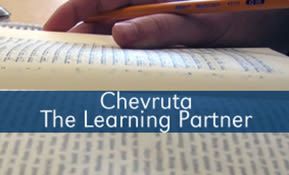
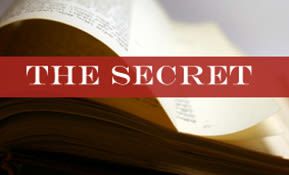

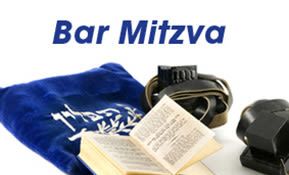

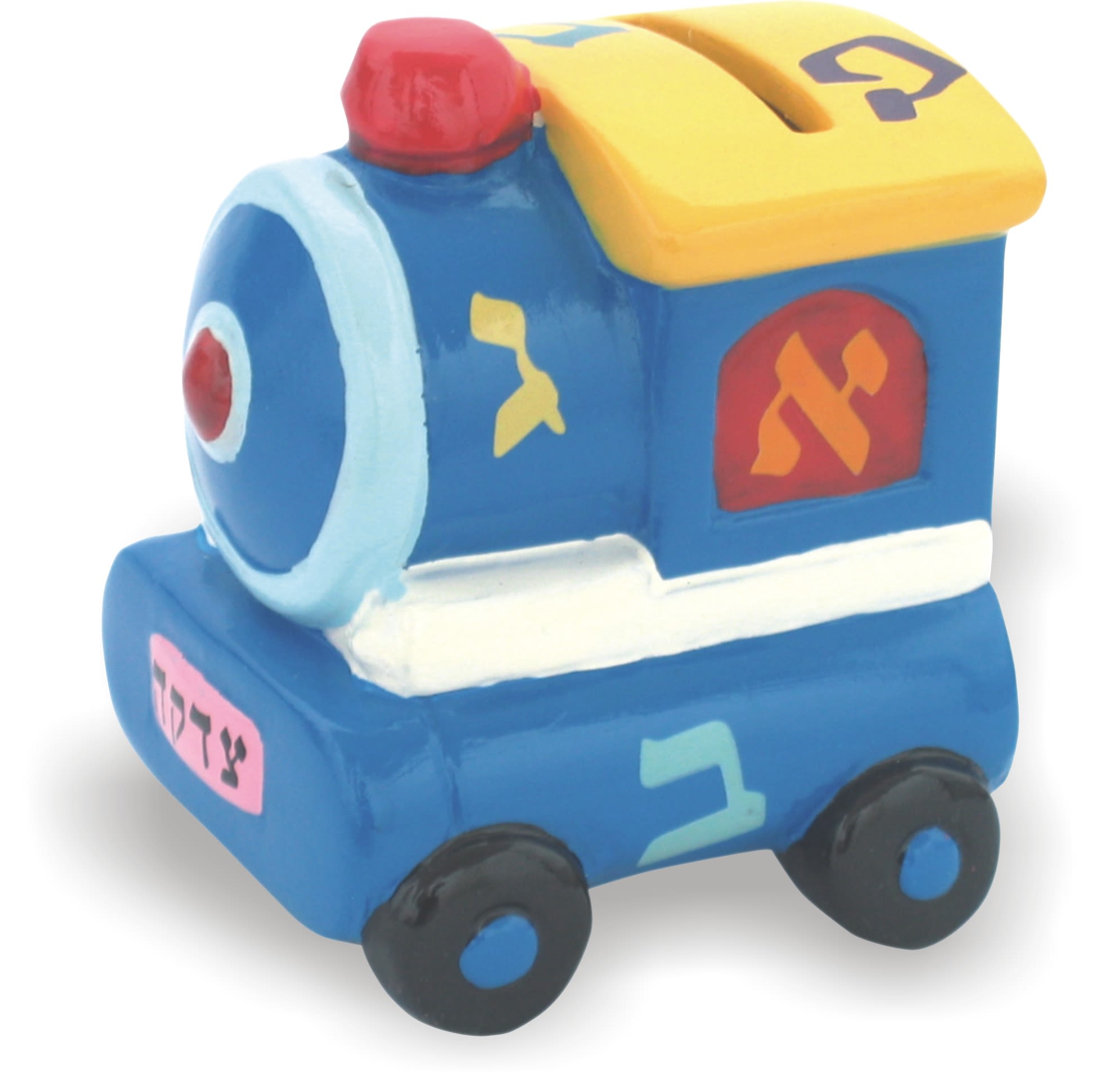
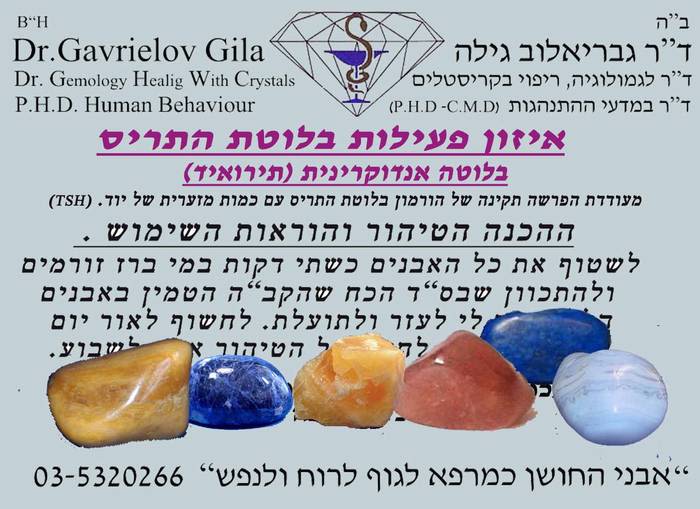
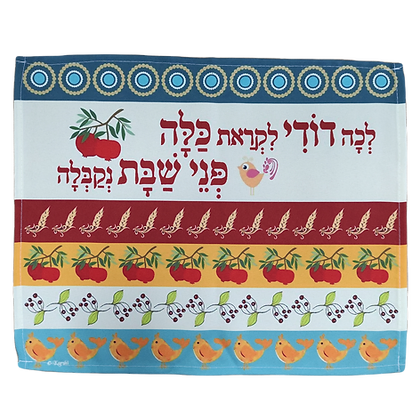
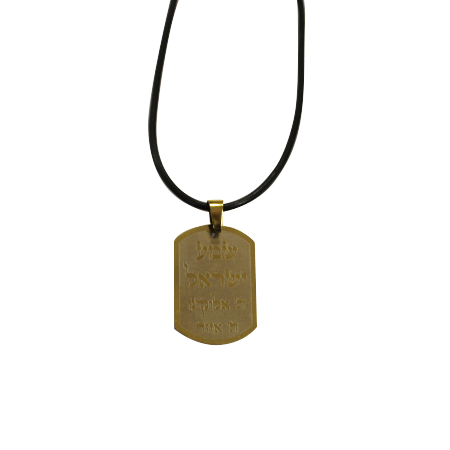
Tell us what you think!
Thank you for your comment!
It will be published after approval by the Editor.